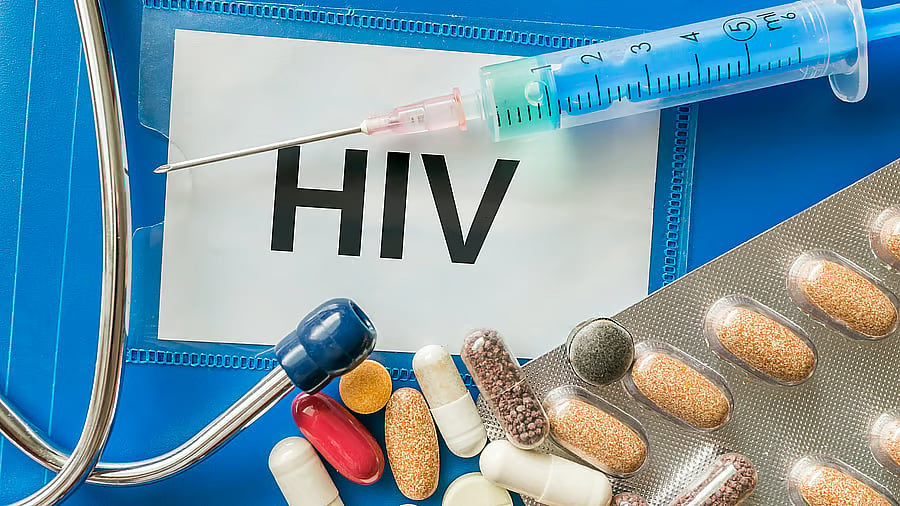
Representative image
Credit: iStock Photo
Mumbai: India time-tested and proven capacity to manufacture HIV diagnostics, medicines and robust supply chain mechanisms to deliver them worldwide sustainably, said Dr Ishwar Gilada, the Secretary General of People’s Health Organisation (India).
“Our HIV programmes should ensure that HIV prevention, diagnostics, treatment, care and support services are reaching everyone in need worldwide,” said Dr Gilada, President Emeritus, AIDS Society of India, and Governing Council Member, International AIDS Society.
“The next best opportunity to eliminate the difference between “what we know works” and “what we do” is now. We know how to prevent HIV, diagnose HIV, treat and support People Living with HIV (PLHIV). But the gap between - where we are and where we need to be is a chasm, we cannot afford to have anymore. Bridge the gap to end AIDS and check other STIs. Elimination of vertical transmission of HIV (from mother to child) should be a reality worldwide,” said Dr Gilada.
According to him, governments of low- and middle-income countries need to prioritise health financing domestically and innovatively.
The comments of Dr Gilada, a Mumbai-based consultant in HIV/AIDS, came in the run up to the 13th International AIDS Conference, which is scheduled to be held in Kigali, Rwanda from 13-17 July.
According to him, the latest UN report (UNAIDS Global AIDS Update 2025) shows that at the end of 2024, just before a sudden collapse in US funding triggered a crisis in the global AIDS response, the remarkable efforts of communities and governments had brought down the numbers of new HIV infections by 40 per cent and of AIDS-related deaths by 56 per cent since 2010.
UNAIDS modelling shows that if the funding permanently disappears, there could be an additional 6 million HIV infections and an additional 4 million AIDS-related deaths by 2029.
“UNAIDS should also do a ‘reverse modelling’ and say, how many million infections and how many million deaths were prevented because of Indian-made affordable and quality assured generic medicines? UN agencies and other global agencies must credit India for consistently making affordable and quality-assured life saving ART and supplying it worldwide so that 9 out of every 10 people living with HIV (92 per cent) can live normal healthy lives. Global North may have given funds or bank loans to Global South nations, but it is Indian medicines that have made a profound difference in the fight against AIDS historically,” said Dr Ishwar Gilada, longest serving HIV medical expert in India who had established the first AIDS clinic in India when first HIV cases were confirmed in 1986.
“Latest UNAIDS data shows that the number of new HIV infections have not declined in 2024 compared to 2023 data (1.3 million new people were newly diagnosed each year). We cannot end AIDS if we let HIV prevention slip off the radar. We have science-based HIV combination prevention options, we must deploy them optimally and make sure the rate of new infections decline sharply,” said Dr Gilada. “We must credit India for making affordable and quality assured HIV medicines accessible to all worldwide,” he added.